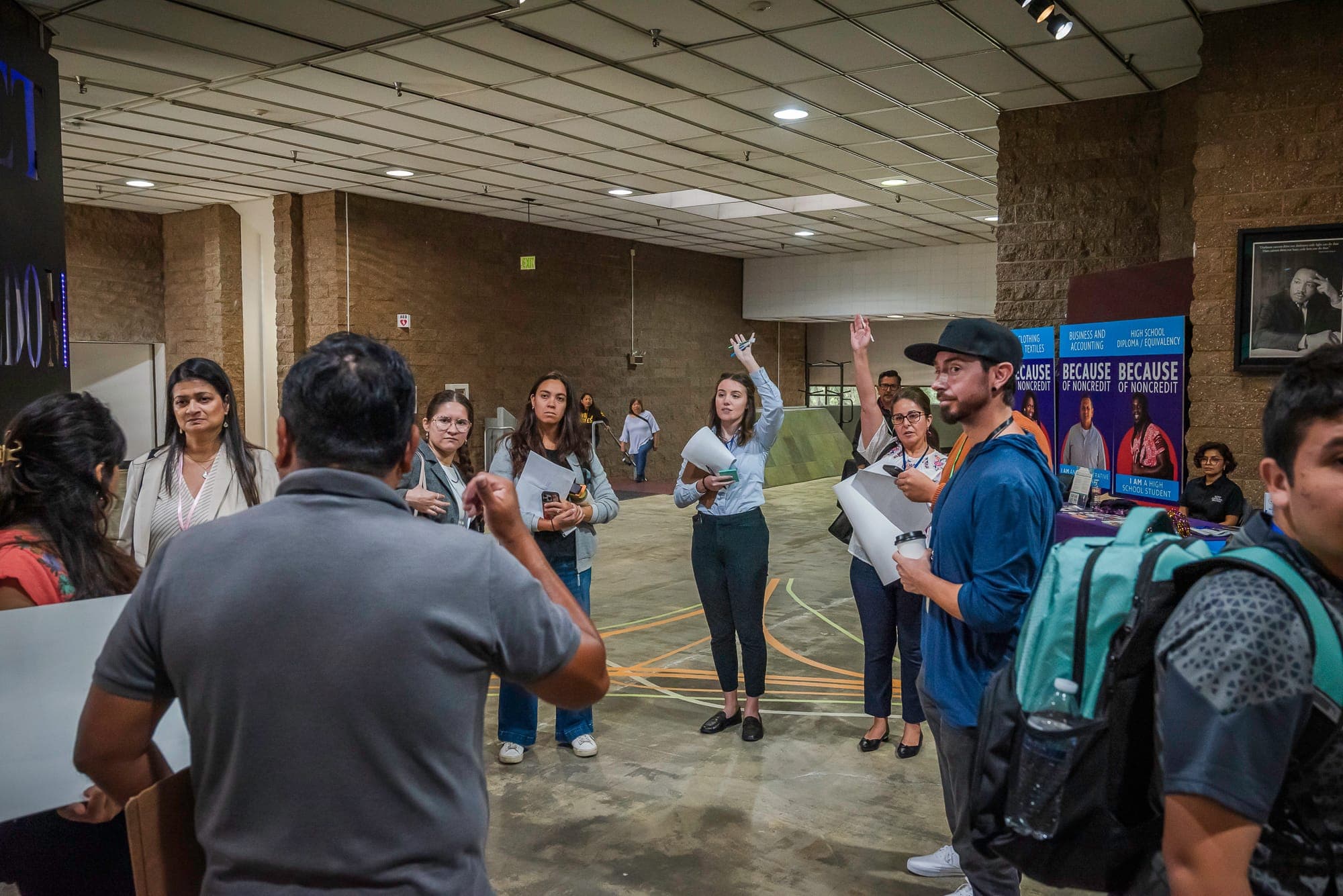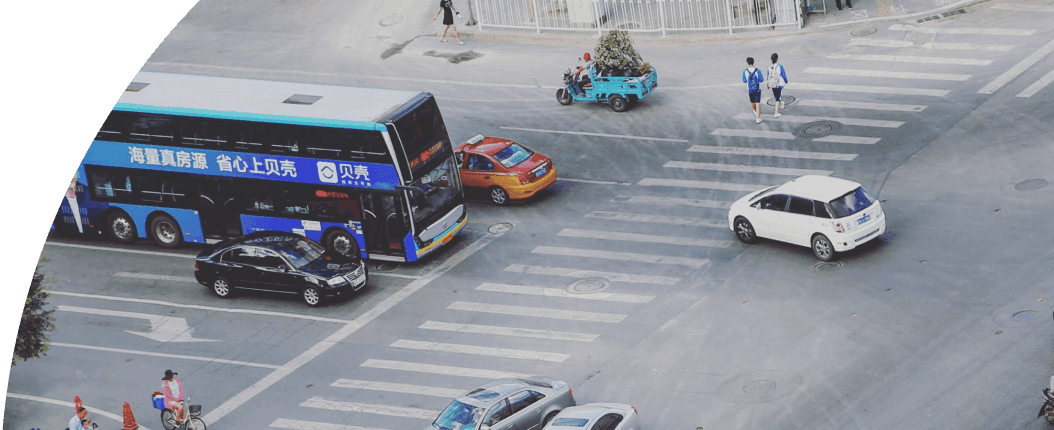
News
By Courtney Cole, November 10, 2025
With the U.S. facing multiple health crises—including high rates of obesity and an epidemic of loneliness—opportunities to get outside, be active, and socialize are more important than ever. What started as one man’s quest for safer walks grew into a powerful example of community-driven change. Through collaboration between residents and city leaders, Portland transformed fragmented paths into a 50-mile network linking neighborhoods, improving safety, and strengthening community ties.
For longtime Portland resident Don Baack, the catalyst for his advocacy for a healthier, more active city was his dog Siskiyou. When his wife Gaile brought home the new four-legged family member that had been abandoned at the school where she worked, they began going on more walks. They quickly realized that simply taking Siskiyou on walks in their southwest Portland neighborhood was not as easy as it could be. A lack of sidewalks, paths, and crosswalks forced community members to walk along dangerous roads, and made traveling between some neighborhoods virtually impossible without a car.
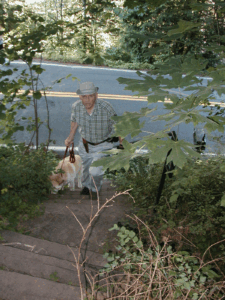
Adding Complete Streets elements in a particular area is great, but to be truly effective, cities should build networks that connect different neighborhoods and allow people to reach important destinations. Don saw an opportunity to make Portland more walkable and connect neighborhoods to benefit all community members. He vowed to take action to make it happen.
Making space for collaboration
Don began by attending city meetings to understand ongoing projects across Portland. While improvements were being made, he noticed they were happening in isolation. He envisioned a more connected approach, where neighborhoods and city agencies worked together toward shared goals.
To bring that vision to life, Don started hosting his own meetings. He realized that creating safer routes for walking and biking could begin by strengthening Portland’s existing trail network—leveraging the city’s natural assets to support active, connected communities.
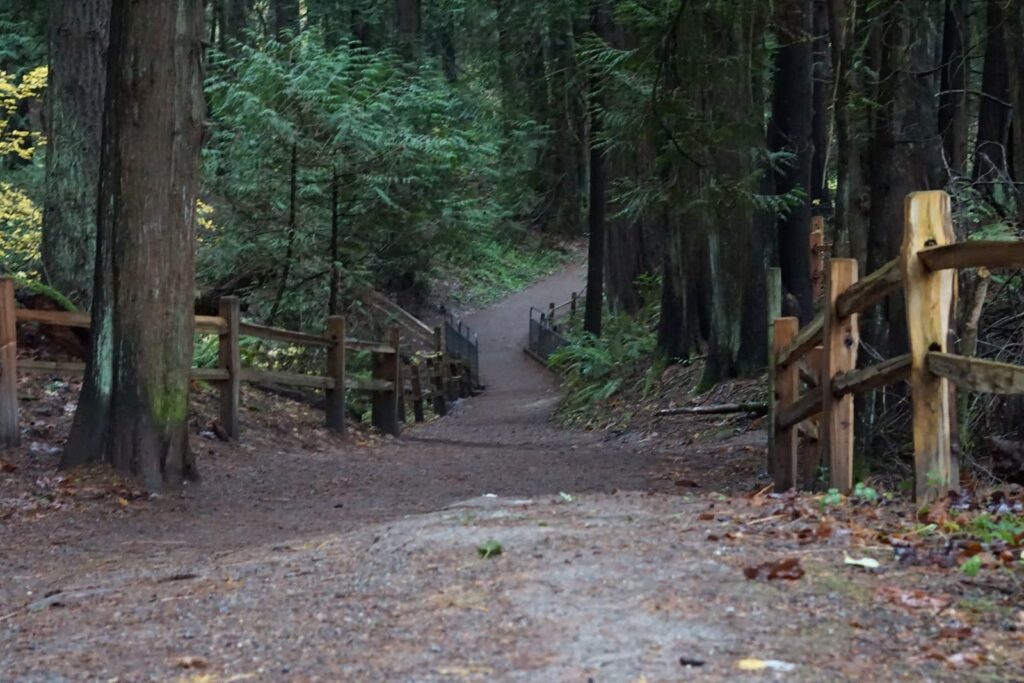
A plan for change
In 1995, Don founded Southwest Trails, a volunteer-led organization uniting 17 neighborhoods across southwest Portland. Together, they reviewed local infrastructure plans and created a unified blueprint for a regional trail network that would link communities and improve mobility.
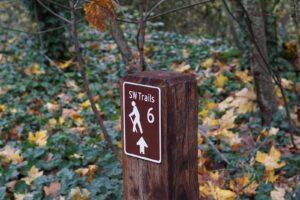
Guided by the question, “Where do Southwest neighbors want to walk?” Southwest Trails partnered with the Portland Bureau of Transportation to study existing trails and host community meetings. Over two years, residents helped shape what would become the Southwest Urban Trails Plan—a document outlining conditions, priorities, and steps to expand the network.
Public engagement was key. In line with CityHealth's Complete Streets framework that emphasizes the importance of an inclusive community engagement plan, the Office of Transportation gave presentations and opportunities for community input. Southwest Trails and the City of Portland then adjusted initial plans and created the Southwest Urban Trails Plan, which documented the trail conditions in Southwest Portland and steps for improving and expanding the network.
Bringing the plan to life
With support from the Bureau of Maintenance, Parks and Recreation, and hundreds of volunteers, the city began implementing trail improvements.
The new and improved pedestrian facilities created key connections between neighborhoods and safe routes for walking and biking. Now, southwest Portland has nearly 50 miles of walkable urban trails that allow for travel between the neighborhoods of southwest Portland and offer a safe travel option for many pedestrians away from dangerous, high-speed roads. But Southwest Trails’ work didn’t stop with the creation of this impressive trail network.
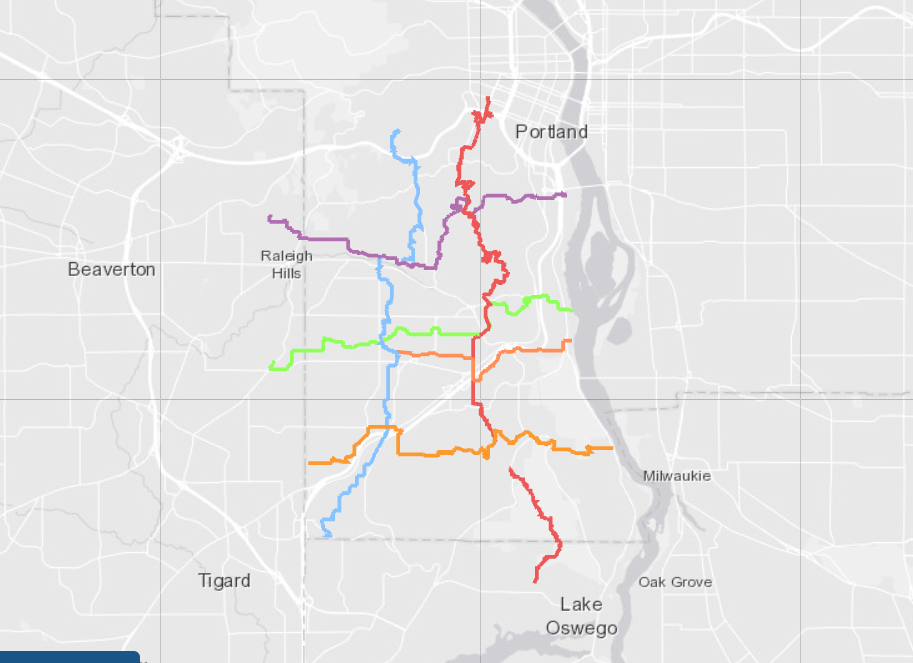
Today, Southwest Trails continues to support the maintenance and use of the trails.
From April to September 2023, the group partnered with local associations and the city to host SW Strolls, guided community walks that drew more than 150 participants. These events invited residents to join at any point along the route and connect afterward over a social hour in Multnomah Village.
By October, Southwest Trails became the sole host of SW Strolls, adding them to a growing list of regular activities, including monthly hikes. Participation has continued to climb since the pandemic—a clear sign that people are eager for opportunities to connect through movement and shared spaces.
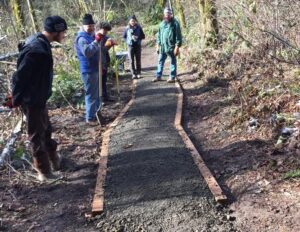
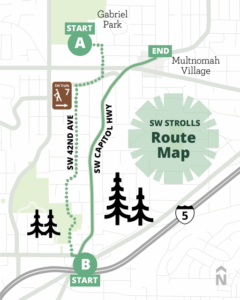
Lessons learned
Portland’s trail expansion shows what’s possible when public agencies and residents move in step toward shared goals. By centering community insight and lived experience, the city unlocked solutions that traditional planning alone could not achieve. The result? Safer, healthier, and more connected neighborhoods shaped by the people who use them every day.
For cities seeking to build trust, equity, and long-lasting impact, the lesson is clear: collaboration isn’t a sidebar—it’s the main path forward.
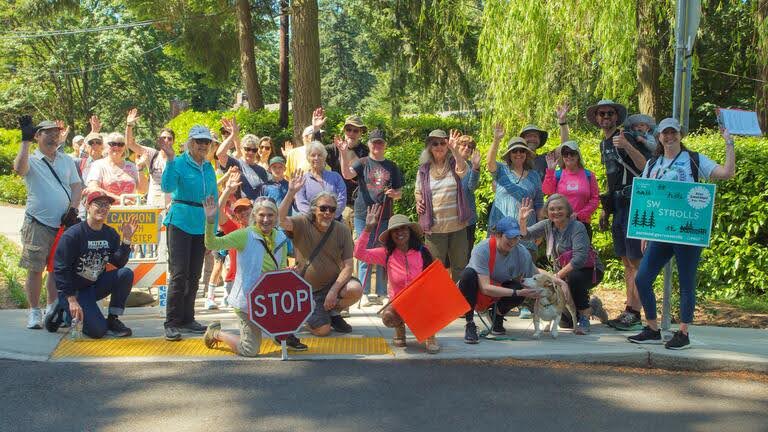
Related News

© 2026 Smart Growth America. All rights reserved
Site By3Lane Marketing
